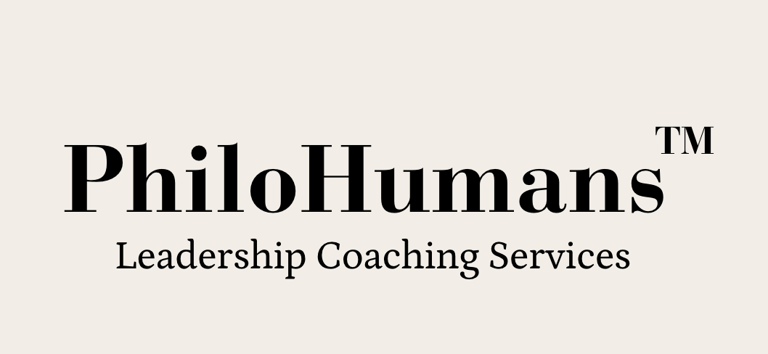Empathy in Leadership: The Heart of the PhiloHuman Mindset
Explore how empathy within the PhiloHuman mindset transforms leadership by enhancing communication, building trust, fostering inclusion, and promoting resilience and personal growth. Discover effective strategies to cultivate empathy in leaders to drive positive change.
LEADERSHIP RELATIONSHIPS
Dr. Rojin Karickal
10/9/20242 min read


In today’s fast-paced and often impersonal world, effective leadership requires more than just strategic thinking and decision-making capabilities. At the core of impactful leadership within the PhiloHuman mindset lies empathy, a powerful force that transforms the way leaders connect with and influence their immediate circles, from colleagues and teams to partners and clients. Embracing empathy in leadership allows for the cultivation of an environment of mutual respect, understanding, and trust, essential components for nurturing successful and meaningful relationships.
Understanding Empathy in Leadership
Empathy transcends basic emotional understanding, delving into the ability to perceive and share the feelings of others. In leadership, empathy involves actively listening, recognizing different perspectives, and responding with compassion and care. It’s an intentional practice rather than a natural talent, requiring leaders to consciously step into the shoes of others to truly understand their experiences and emotions. This ability to connect on an emotional level helps leaders create a supportive and inclusive environment where every team member feels valued and heard.
Why Empathy Matters in Leadership
Enhanced Communication: Empathy enriches communication by encouraging open, honest dialogue. Leaders who practice empathy foster a culture where team members feel comfortable sharing ideas and concerns. By actively listening and responding with understanding, empathetic leaders bridge communication gaps, preventing misunderstandings and conflicts.
Building Trust and Loyalty: Trust is foundational in any relationship, especially between leaders and their teams. When leaders consistently show empathy, they build trust and loyalty, as team members are more likely to follow leaders who genuinely care about their well-being. This trust enhances collaboration and drives higher performance as employees feel secure and motivated.
Fostering Inclusion and Diversity: Empathy in leadership embraces diverse perspectives and experiences, crucial in today’s globalized work environment. Leaders who practice empathy create inclusive workplaces where diverse voices are not only heard but elevated. This inclusivity fosters innovation and creativity, as varied viewpoints lead to more comprehensive problem-solving and decision-making processes.
Encouraging Personal Growth and Development: By understanding the unique strengths and challenges of their team members, empathetic leaders can tailor their support and guidance to foster personal and professional growth. This individualized approach helps team members reach their potential, improving overall team performance and satisfaction.
Resilience During Challenges: Empathetic leaders are better equipped to navigate challenges by understanding and addressing the emotional impacts of change or crisis on their teams. During tough times, empathy helps leaders provide the needed support, boosting team morale and ensuring a united front in overcoming obstacles.
Cultivating Empathy within the PhiloHuman Mindset
Developing empathy as a leader requires intentionality and practice. Here are some steps to cultivate empathy:
Active Listening: Prioritize listening over speaking. Give full attention to others without interrupting, ensuring you understand their perspectives before responding.
Emotional Intelligence Development: Work on identifying, understanding, and managing your emotions as well as recognizing the emotions of others. This awareness is crucial for empathetic interactions.
Seek Feedback: Regularly ask for and value feedback on your empathetic practices. Use this insight to improve your approach and address any blind spots.
Embrace Vulnerability: Share your own experiences and emotions, fostering a closer and more genuine connection with your team. Vulnerability can be a strength that invites openness and trust.
Continuous Learning: Engage in empathy-building exercises, attend workshops, and seek mentorship. Constant learning helps in refining empathy skills, making them a natural part of your leadership style.
In conclusion, the power of empathy in leadership within the PhiloHuman mindset cannot be overstated. It transforms not only the leader but the entire ecosystem in which they operate, fostering environments of trust, inclusivity, and growth. By weaving empathy into the fabric of their leadership approach, leaders can create resilient, dynamic, and harmonious communities, poised for a future defined by collaboration and shared success.


